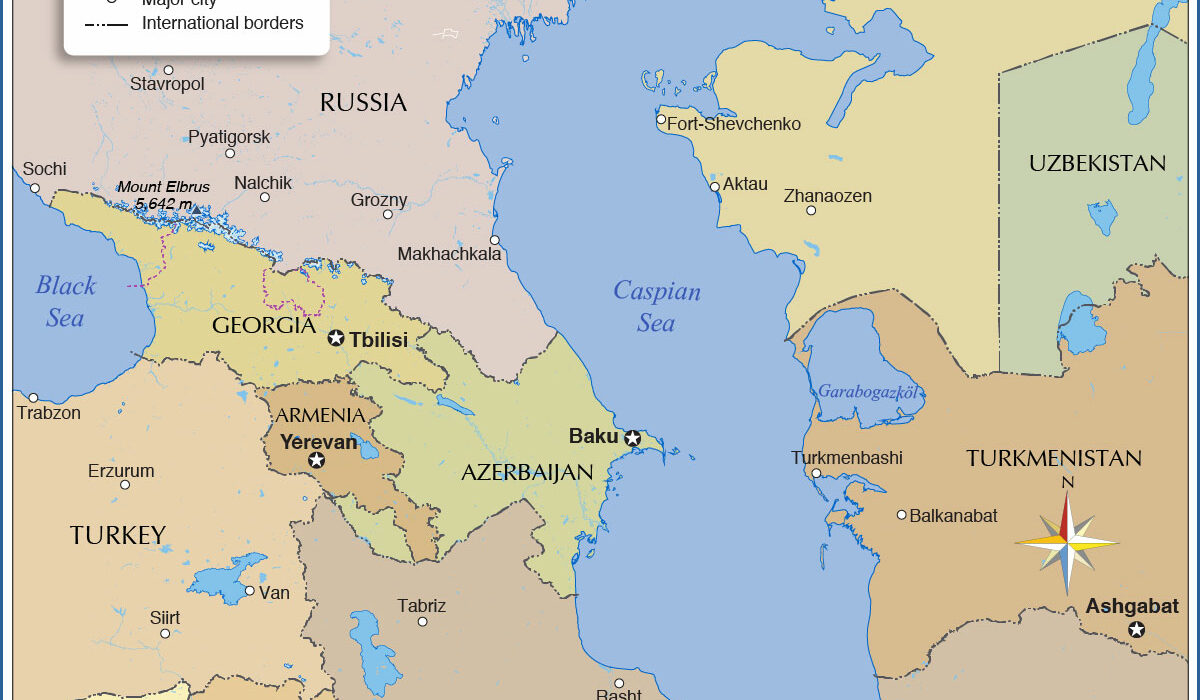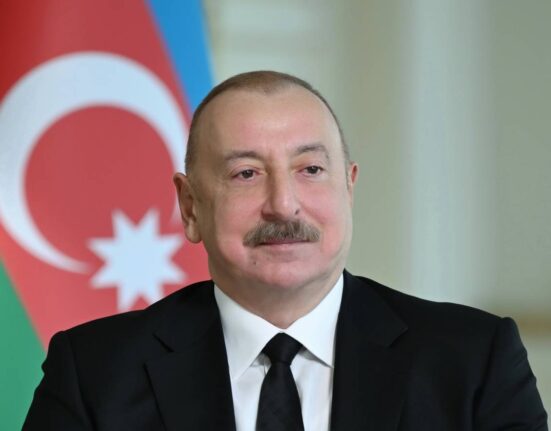On November 27, Tashkent hosted the Trans-Caspian Transport Corridor (TCTC) and Connectivity Investors Forum with the participation of the European Union, South Caucasus and Central Asian countries, Türkiye, International Development Banks, the private sector and regional partners. The Forum demonstrated how the EU’s Global Gateway strategy is moving from vision to delivery, with new investments designed to strengthen transport links, improve trade flows, and build a more resilient, sustainable, and interconnected region, according to the Delegation of the European Union to Uzbekistan.
Participants reaffirmed the strategic importance of the TCTC as a fast, secure and reliable route connecting Europe and Asia. Discussions focused on cross-regional connectivity and links between the EU and Central Asia via the South Caucasus and the Black Sea region in transport and trade, as well as energy and digital sectors.
European Commissioner for International Partnerships Jozef Síkela said: “Last year we agreed to accelerate the development of the Trans-Caspian Corridor. Today we can show concrete progress. The new agreements are real investments in ports, roads, digital systems and the conditions businesses need to operate. They will also help advance work on clean energy and critical raw materials, areas where both Central Asia and Europe have clear, shared interests. For me, the message is simple: when we work together, we can deliver practical results that strengthen connectivity and create economic opportunities on both sides.”
European Commissioner for Enlargement Marta Kos said: “Reliable routes connecting Europe and Asia are a geopolitical and economic win for everyone along the way. All of us have learnt the hard way that excessive dependencies make us vulnerable. Investments in transport infrastructure, digital and energy connectivity create more options and less risk of blackmail. We need credible, long-term alternative to the Northern Corridor. Cargo along the Middle Corridor has grown four-fold between 2022 and today. By 2030 it could again triple, if the right investments are made to increase capacity and close gaps.”
The bilateral and regional agreements announced at the forum reflect an important step forward in enhancing multimodal connectivity and supporting the long-term economic and social development of the region.
Soft Connectivity Technical Assistance for TCTC Development
A comprehensive Team Europe programme with total budget of EUR 15 million signed between the EU and GIZ/Expertise France will be supporting improvements in trade facilitation, customs efficiency, transport regulation harmonisation and multimodal logistics. It will also promote public-private partnerships and strengthen tariff-setting and asset management systems critical components for making the Corridor more efficient, predictable, and attractive to investors.
Preparatory Studies for the TCTC and private sector engagement in partnership with the World Bank
An upstream investment package providing feasibility studies, environmental assessments, and the identification of priority infrastructure projects along the Corridor. It also supports high-level dialogue under the EU’s TCTC Coordination Platform, allowing governments and the private sector to jointly shape investment priorities. The initiative is a partnership between the EU and the World Bank and has a total budget of EUR 10 million.
Preparatory Studies for the TCTC in partnership with the European Bank for Development and Reconstruction (EBRD)
The initiative signed between the EU and EBRD expands on Phase I by financing technical and pre-investment studies to accelerate modernisation of transport corridors and support the shift toward low-carbon and climate-resilient transport infrastructure. The total budget is EUR 5 million.
Aktau Port Modernisation (Kazakhstan)
A strategic upgrade of one of the key logistics hubs on the Caspian Sea. The project aims to expand berths, introduce energy-efficient cranes, and enhance container-handling capacity—helping strengthen the resilience and competitiveness of the Middle Corridor. The EU contribution is EUR 10.4 million within an EBRD loan of EUR 35M.
Karabalta–Chaldovar Road Modernisation (Kyrgyzstan)
The upgrade of a 31.7 km road segment to Category I standards will significantly boost connectivity between Kyrgyzstan and Kazakhstan, reduce transportation time and cost, and improve safety along this important route. The EU contribution is EUR 15.46 million within an EBRD loan of EUR 35M.
Road rehabilitation Kazakhstan
An envisaged EIB loan of EUR 150 million backed by an EU guarantee of EUR 8.8 million to the national operator JSC KazAvtoZhol will support sustainable infrastructure development and transport connectivity in Kazakhstan, specifically targeting areas relevant to the Trans-Caspian Transport Corridor (TCTC).
Nukus Highway Development (Uzbekistan)
A large-scale upgrade of 87 km of the A380 highway—one of Uzbekistan’s main transport arteries. The improvements will support regional trade, enhance safety, and facilitate smoother transport flows between Uzbekistan and neighbouring countries. The anticipated EIB loan is up to EUR 100 million, supported by an EU guarantee of EUR 6 million.
PEMPAL Framework Agreement, with the World Bank
The EU contribution to an important regional peer-learning platform for public finance professionals across 21 countries. The programme, with total budget of EUR 1 million signed between the EU and the World Bank, enhances capacity in budgeting, treasury management, and internal audit systems key pillars for transparent and efficient public finance governance.
Caucasus Transmission network
The EU, together with the German development bank KfW and the European Investment Bank, supports the Caucasus Transmission Network—a landmark energy infrastructure project that will strengthen Armenia’s energy security and diversification. With a total estimated cost of over EUR 500 million, the project will expand Armenia’s ability to trade electricity, especially from renewable sources, reduce its reliance on external grids and enhance overall grid stability. By reinforcing cross-border links, the initiative will also advance regional energy cooperation and contribute to a more integrated and sustainable energy market in the South Caucasus.




